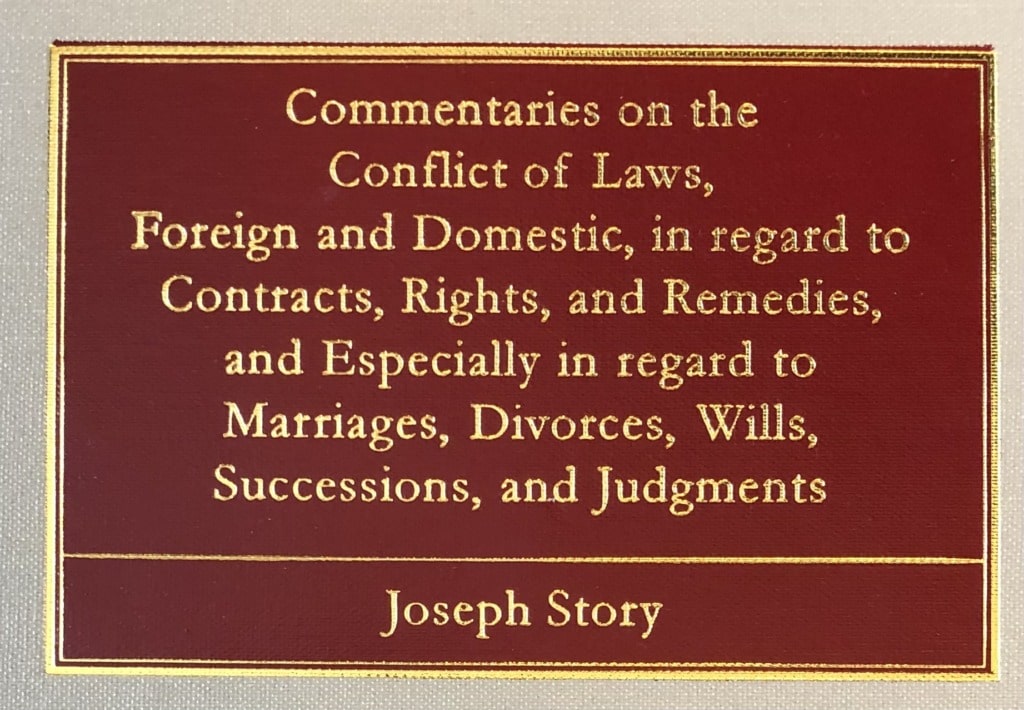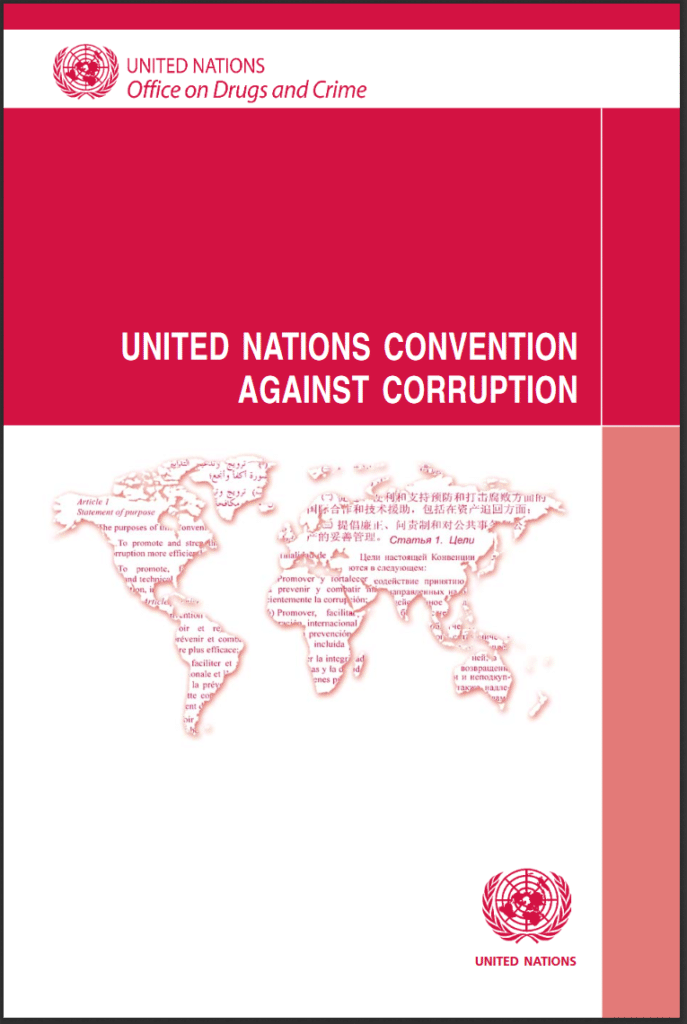Multistate Defamation, Cross-Border Torts, and Choice of Law
Multistate defamation cases have always presented difficult choice-of-law problems, but the advent of the internet has exacerbated them. Nunes v. Cable News Network, Inc is a good example on point, besides being a very interesting case on other grounds. This post presents this case, but also examines how other countries resolve conflicts in cases of…
Continue ReadingThrowback Thursday: Joseph Story and the Comity of Nations
One of the most influential books on transnational litigation was written nearly two centuries ago by a sitting Justice of the U.S. Supreme Court. Joseph Story’s Commentaries on the Conflict of Laws, first published in 1834, synthesized foreign and domestic cases regarding conflict of laws and the enforcement of foreign judgments. Story endorsed international comity…
Continue ReadingCan Corporations Claim Foreign Official Immunity?
In a recent cert petition, the Israeli company NSO Group asks the Supreme Court to consider whether corporations are entitled to conduct-based immunity when they act as agents of foreign governments. The Ninth Circuit answered no to that question, reasoning that the Foreign Sovereign Immunities Act (FSIA) comprehensively covers the immunity of corporations like NSO….
Continue ReadingRecent Scholarship on Foreign Judgments
Michael Solimine recently posted an interesting paper exploring the connection between party autonomy, on the one hand, and the recognition and enforcement of foreign judgments, on the other. Solimine thoughtfully engages with the argument that private parties should be permitted to select, in advance, the law that will govern the recognition and enforcement of foreign…
Continue ReadingU.S. Courts Gut Key Provision of U.N. Convention Against Corruption
In March, both the Sixth and the Seventh Circuits affirmed forum non conveniens dismissals of suits brought by Instituto Mexicano del Seguro Social (IMSS), Mexico’s main social service agency, against U.S. corporations for their alleged bribery of Mexican government officials. IMSS had argued that the U.N. Convention Against Corruption (UNCAC) guarantees it the option of…
Continue ReadingNew Article Argues that the Helms-Burton Act Has Backfired
In an article recently posted on SSRN, Gergana Sivrieva surveys cases filed under Title III of the Helms-Burton Act for trafficking in expropriated property. She shows that, surprisingly, the principal defendants have not been foreign companies investing in Cuba but rather U.S. companies with only attenuated connections to such property. Congress passed the Helm-Burton Act…
Continue ReadingForeign Sovereign Immunity and Choice of Law—State, not Federal
In Cassirer v. Thyssen-Bornemisza Collection Foundation, the Supreme Court unanimously held that, in adjudicating state-law claims against a foreign state or instrumentality under one of the exceptions to the Foreign Sovereign Immunity Act (FSIA), 28 U.S.C. § 1602, et seq., a federal court must apply the choice-of-law rules of the forum state rather than federal…
Continue ReadingThrowback Thursday: Ralf Michaels on Empagran’s Empire
Ralf Michaels’ brief book chapter on F. Hoffman-La Roche Ltd. v. Empagran S.A. fundamentally changed my understanding of that case—as well as my understanding of the Supreme Court’s recent approach to transnational cases more generally. Empagran seems like a sleeper of a case, a short opinion about yet another transnational antitrust class action. But from…
Continue ReadingInterpreting Foreign Forum Selection Clauses
What law should a court use to interpret a forum selection clause selecting the courts of a foreign country when the contract also contains a choice-of-law clause selecting the law of that same country? A pair of federal court decisions—one from Illinois, and one from California—recently addressed this question. Neither of these decisions is likely…
Continue ReadingState Doctrines of Forum Non Conveniens: Beyond Gulf Oil
State courts have their own doctrines for addressing transnational litigation, including their own doctrines of forum non conveniens (FNC). While a majority of states today apply a version of FNC like that of the federal courts, we found that 17 states—fully one third—depart from the Gulf Oil framework in one or more ways.
Continue Reading


